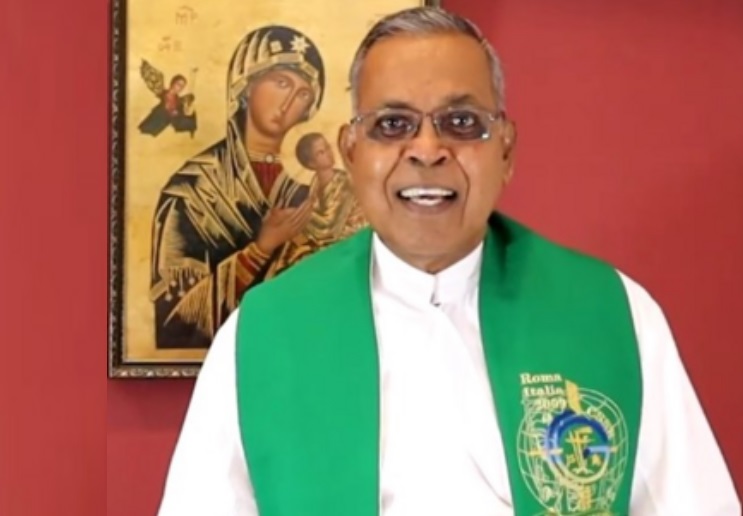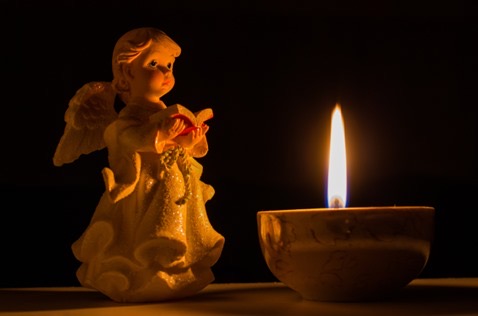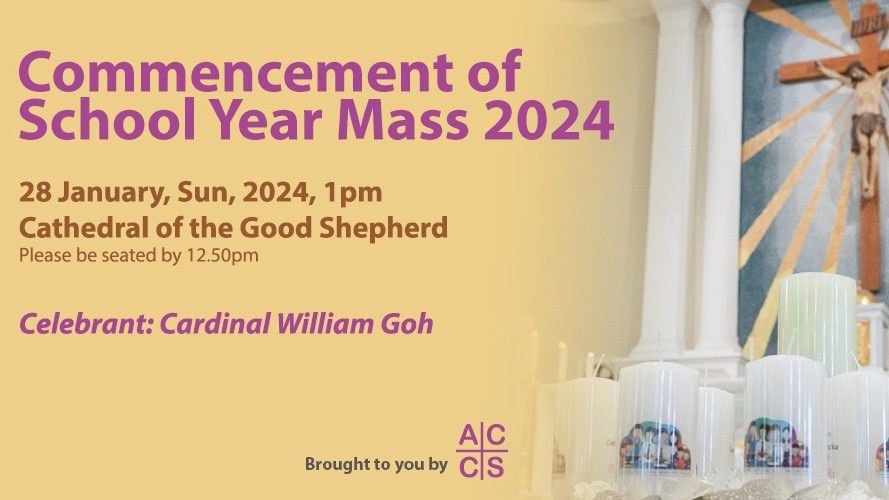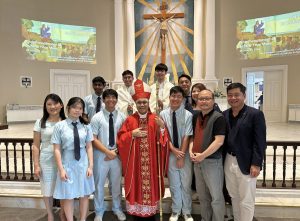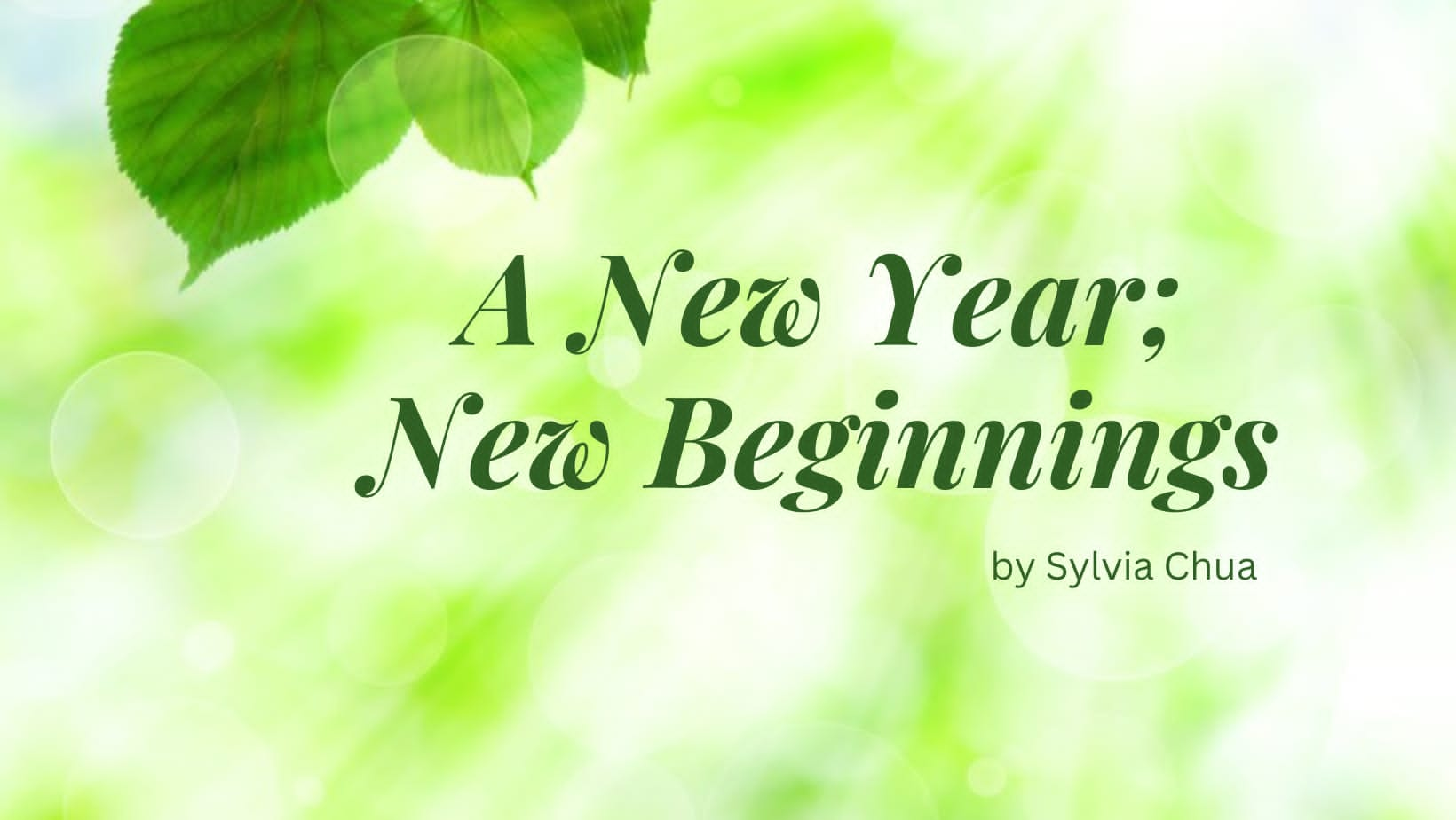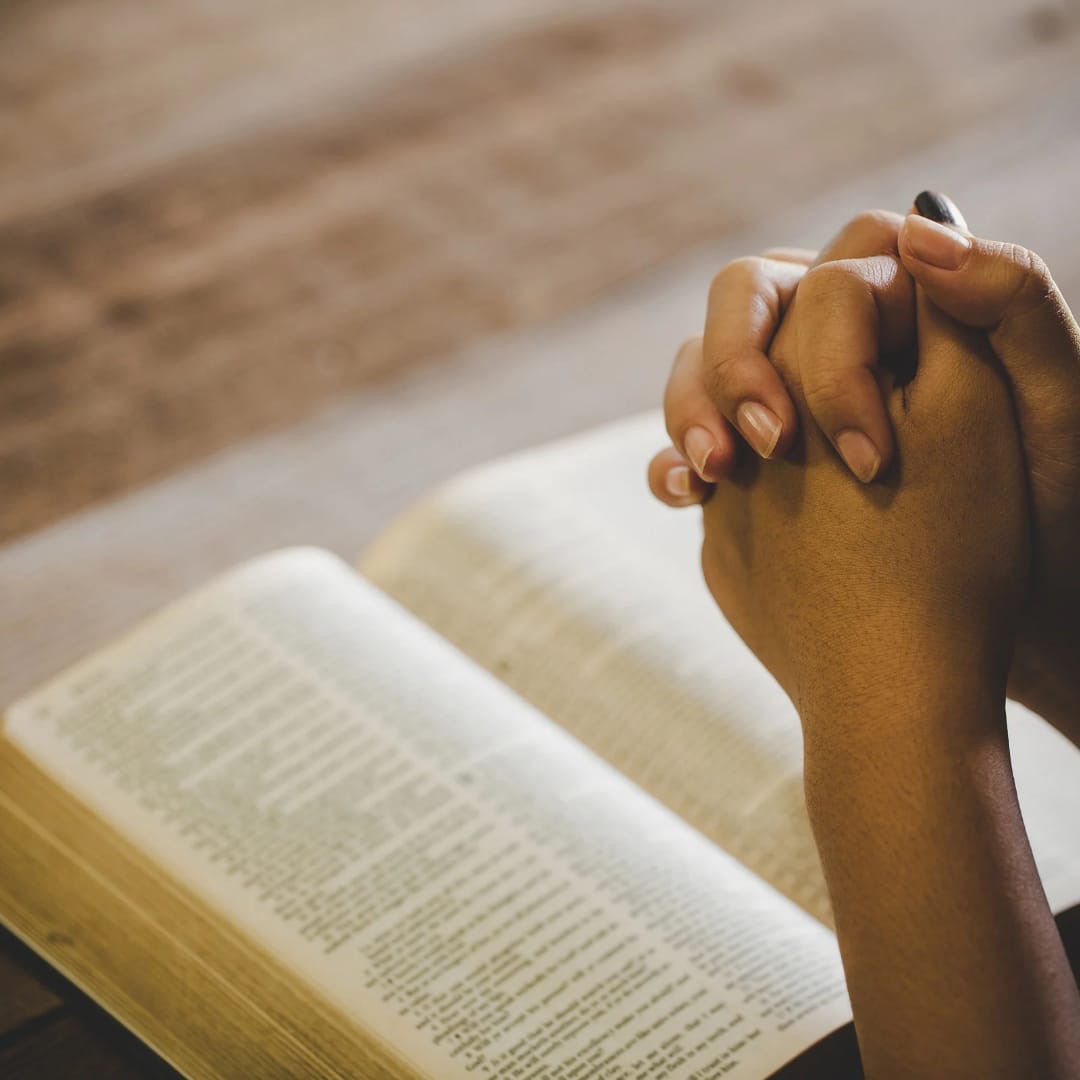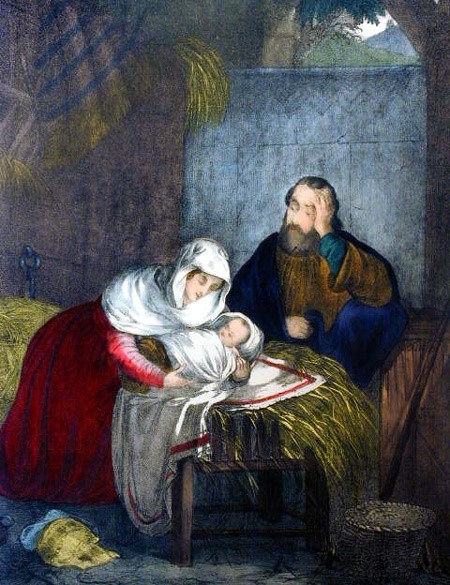Last week we lit the first Advent candle – the candle symbolising hope. Michelle Tan reflects on hope. She makes a case that the light of hope cannot shine in the darkness unless fuelled by faith. Revisit the Parable of the Wise and Foolish bridesmaids (Matthew 25: 1 – 13) to learn how we can keep our lamps lit as we journey through Advent.
…
The Catholic Church recently celebrated the beginning of a new liturgical year on Nov 27, 2022, the First Sunday of Advent. For those of us who have Advent wreaths, we light the first of the four Advent candles on them, the candle of Hope. (The other three candles symbolising peace, joy and love, are lit during the Second, Third and Fourth Sundays of Advent on 4, 11 and 18 December respectively). South African theologian and Nobel Peace Prize-winner Archbishop Desmond Tutu said, “Hope is being able to see that there is light in spite of all the darkness.”
As the calendar year draws to its end, the New Year threatens to be shrouded in the darkness of the impending doom of the world as we know it. Climate catastrophes, political upheavals and wars, scandals in and exoduses from the Church, the desanctification of marriage, the disintegration of morals, and the spread of the culture of death have already plunged many into existential crises. What is the point of educating future generations if there is no future for them? Yet, the lighting of the first Advent candle, whether in church or at home, reminds us that not long from now the Light of Christ will come to dispel the darkness both in the world and in our hearts. “The light shines in the darkness, and the darkness has not overcome it.” (John 1:5) The lighting of the candle of Hope is thus a fitting beginning to our Advent journey towards Christmas and a new year ahead.
Hope
Father Ronald Rolheiser, a Catholic priest and columnist whose reflections are carried in many Catholic publications worldwide including our Archdiocese’s Catholic News, relates the story of how French Jesuit priest and theologian Pierre Teilhard de Chardin (1881-1955) was challenged by his critics: “‘Suppose we blow up the world with a nuclear bomb, what then happens to your vision of a world coming together in peace?” Teilhard’s response lays bare the anatomy of hope: ‘If we blow up the world by nuclear bombs, that will set things back some millions of years, but eventually what Christ promised will come about, not because I wish it, but because God has promised it and, in the Resurrection, God has shown that God is powerful enough to deliver on that promise.’”
And what did Christ promise?
“I saw the Holy City, the new Jerusalem, coming down out of heaven from God, prepared as a bride beautifully dressed for her husband. And I heard a loud voice from the throne saying, ‘Look! God’s dwelling place is now among the people, and He will dwell with them. They will be His people, and God Himself will be with them and be their God. He will wipe every tear from their eyes. There will be no more death or mourning or crying or pain, for the old order of things has passed away.” (Revelation 21:2-4)
Fr Rolheiser goes on to say, “Hope is precisely that, a vision of life that guides itself by God’s promise. It is not simple optimism, nor is it wishful thinking, a fantasy-daydream that someday our ship will come in. Hope is not based on whether the daily news is good or bad on a given day. If we hope or despair based on whether things seem to be improving or disintegrating in terms of world events, our spirits will go up and down like the stock market. Instead, hope looks at the facts, looks at God’s promise, and then, without denying the facts or turning away from the daily news, lives out a vision of life based upon God’s promise, trusting that a benevolent, all-powerful God is still in charge of this world.”
Faith, love, peace
But the light of hope cannot shine in our darkness unless fuelled by faith. The Blessed Virgin Mary is the example par excellence of such faith and hope. Her faith and trust in God’s promises sustained her through the Incarnation, Jesus’ public ministry, His Passion and Cross and the Resurrection. As Elizabeth prophetically announced, “Blessed is she who has believed that the Lord would fulfill His promises to her!” (Luke 1:45)
And it was Our Lady’s love for her God and His Son that enabled her to love His people as Mother and Mediatrix of His graces. Mary was the embodiment of the theological virtues of faith, hope and love i.e. the virtues that help us live in close relationship with God. No wonder she is called the Star of the New Evangelisation, leading the People of God ever closer to the Lord, like the star of Bethlehem led the Magi to the infant Jesus.
That first Christmas night, the angels sang, “Glory to God in the highest, and on earth peace, good will toward men!” (Luke 2:14) Whoever encounters the Lord finds inner peace, because the Light of the World shines within. And this peace is not just the absence of anxiety or distress but it is a peace the world cannot define and cannot give, because it is the peace of shalom, of being immersed in the presence of God, of tasting heaven on earth, one of complete and perfect joy.
It is to this shalom peace, perfect joy and unconditional love for God and His people that the second, third and fourth candles on the Advent wreath point us to the coming of Christ at Christmas.
But we are called to be candlelight and stars of Bethlehem leading others to Christ, not only during Advent, but all year round, and not just in anticipation of His First Coming at Christmas but also of His Second Coming at the end times. “You are the light of the world. People do not light a lamp and put it under a bowl. Instead, they put it on its stand, and it gives light to everyone in the house. In the same way, let your light shine before others, that they may see your good deeds and glorify your Father in heaven.” (Matthew 5:11-16) How can we share the light of our hope, peace, joy and love with others? The Bible tells us we can’t!
Keeping our lamps lit
The Parable of the Wise and Foolish Bridesmaids (Matthew 25:1-13) explains why. In one of his Daily Scriptural Reflections on this Gospel passage, Cardinal William Goh wrote:
“We have been chosen as the bridesmaids to welcome Christ the Bridegroom to meet His bride the Church. Like the bridesmaids, our task is to prepare the People of God to welcome Christ. Christ’s mission is to reconcile man with God: through our union and intimacy with Him, we share in the heavenly wedding banquet. But we cannot enter heaven alone; we enter together with the rest of humanity. That is why, when the Bridegroom comes, the bridesmaids enter with the Bride to the wedding banquet.
“How then should we prepare ourselves to accompany the Bridegroom when He comes? The Gospel makes it clear – we need to light up our lamps and bring sufficient oil to wait for His coming. The light of the lamp represents a life of faith, hope and charity. These are the theological gifts of the Holy Spirit. Only faith in Christ can give us hope in eternal life, and it is this hope that inspires us to live a life of charity. What, then, would be the oil that is necessary to give strength to our faith, hope and charity?
“The oil for the lamp of faith, hope and charity is kept burning only when we cooperate with His grace. We have all been given the grace of faith in Christ and hope in the future and the capacity to love with His love in our hearts. But like anyone who has been given the graces, unless we make use of them properly, wisely, and conscientiously, these would have been given to us in vain. So, we must ensure that we have sufficient oil to inflame the gifts of faith, hope and charity in our hearts. We need to keep our faith, hope and charity alive by enkindling them.
“The important lesson to learn from the Parable is that when it comes to preparing ourselves to meet the Lord, there are certain things in life that cannot be shared. The oil of spiritual life, spiritual maturity and spiritual goodness cannot be shared – we must own them ourselves. There is no treasury that we can draw upon to help us to encounter the Lord if we have not made any efforts to do so. This explains why when the five foolish bridesmaids asked the wise bridesmaids to give them some oil, they told them, ‘There may not be enough for us and for you; you had better go to those who sell it and buy some for yourselves.’”
Where can we encounter the Lord and thereby ‘buy’ oil for our lamps if not by deeply desiring a personal relationship with Christ and seeking to meet Him in times of quiet prayer, in adoration before the Blessed Sacrament, in the Breaking of the Word of God, the reception of the Holy Eucharist, or at retreats or in Creation? And we do not have to search for God alone – after all, the Wise Men followed the star of Bethlehem and found the infant Jesus together.
So, as we begin the season of Advent (which shares the same Latin root as ‘adventure’), let our hearts be filled with joy as we prepare one another to become wise disciples of the Lord and fellow adventurers in the new liturgical, calendar and school year ahead:
“Since we have been justified through faith, we have peace with God through our Lord Jesus Christ, through whom we have gained access by faith into this grace in which we now stand. And we boast in the hope of the glory of God. Not only so, but we also glory in our sufferings, because we know that suffering produces perseverance; perseverance, character; and character, hope. And hope does not put us to shame, because God’s love has been poured out into our hearts through the Holy Spirit, who has been given to us.” (Romans 5:1-5)
Wishing everyone a blessed Advent, a happy and holy Christmas and a New Year of hope, peace, joy and love!

